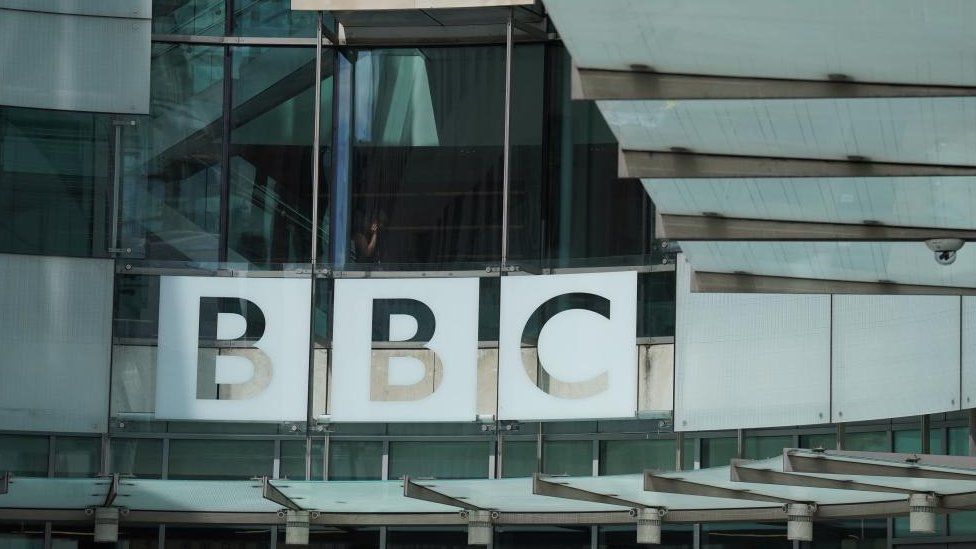BBC presenter row: Key questions remain for corporation and The Sun
Image source, PA Media
By Katie Razzall
Culture and media editor

After a day in which the BBC produced a fuller timeline of its actions through this story, where are we now?
For the BBC, key questions remain, primarily around what it did having received the complaint in May.
It's difficult to assess the actions of the Corporate Investigations Team without knowing exactly the detail of the complaint. We still don't have that.
But on the face of it, one email attempt that the complainant didn't respond to and one phone call that didn't connect don't, on the surface of it, look like huge efforts were made to check out the allegations.
That might have been understandable if the complaint had been about a presenter getting a fact wrong in a broadcast.
But we know that it was deemed serious by the BBC, though not involving criminality. A serious complaint about a high-profile presenter, reportedly involving huge sums of money to a younger person, surely warranted more dedicated investigation.
BBC director general Tim Davie may be all too aware of this, which is why he talked earlier about an internal review to assess whether the processes are up to scratch and whether red flags are raised quickly enough.
The BBC has now faced the media about this story. It had little choice as the briefing to launch the annual report was already in journalists' diaries.
But Mr Davie also appeared on the World at One on Radio 4 for a lengthy interview. His comment that this wasn't a "good situation" was an understatement.
But he also gave a clear explanation of what the BBC has been managing - balancing its duties as an employer of a presenter who must be treated fairly with its role as a public service broadcaster which aims for transparency.
Of course, cynics might say that Mr Davie must have breathed a sigh of relief when the Metropolitan Police asked the BBC to pause its investigation. At one point in the interview, the director general said he couldn't comment for that reason.
It's the equivalent of kicking this into the, if not long, then certainly slightly taller than cropped, grass. A bit of a breathing space for the BBC to take stock.
But the pressure on Mr Davie and the corporation is intense, with media crews training their cameras on New Broadcasting House in central London for days now.
This story has become a series of claims and counterclaims. The Sun and the family stand by their account. The Sun told us it feels as if the family is "being attacked by the BBC for not fully understanding their complaints system".
It says that after the original complaint in May, a payment of £1,000 was made in June to the young person by the presenter. A sign of "no action" from the BBC.
It does feel uncomfortable that the presenter was not spoken to by bosses for almost seven weeks. That the complaint was not escalated until the Sun approached the BBC before publishing its story.
Watch: Tim Davie, the BBC's director general, faced questions on Tuesday about the corporation's presenter row
But the Sun also has questions to answer, particularly after the legal letter sent to the BBC on behalf of the young person on Monday.
Did they approach the young person for comment as they prepared to report their story - as the lawyer claims they didn't. What evidence do they have to back up their allegations that have dominated the front pages? Why have they not named the presenter?
It's unclear how this story ends. The BBC has now reported allegations from a second person. The Sun has a new front page about the presenter allegedly breaking lockdown rules to meet a young stranger from a dating site.
Will there be more to come - or just more claim and counter-claim?
Related Topics
































































